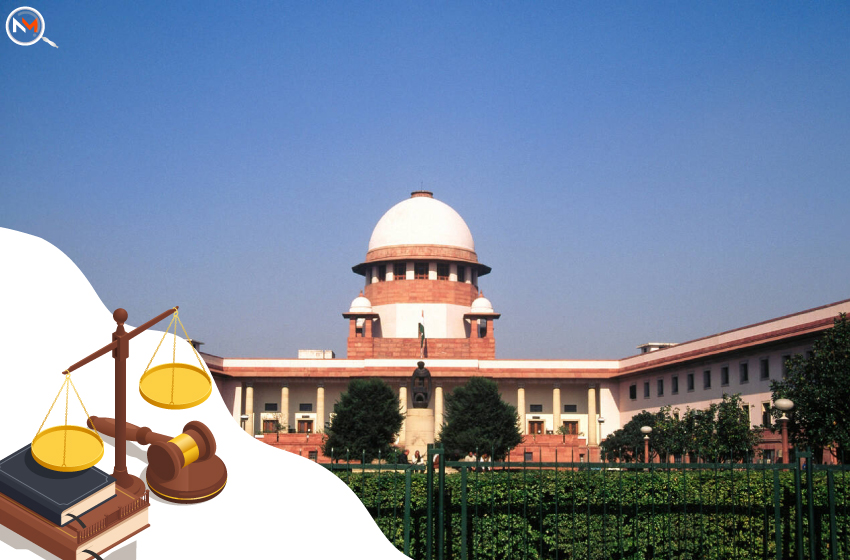
Supreme Court Reaffirms The Money Laundering Act’s Strict Provisions
- Others
 Radhika Dayal
Radhika Dayal- July 27, 2022
- 0
- 4 minutes read
The Supreme Court reaffirmed the strict regulations and provisions of the Prevention of Money Laundering Act in connection with the extensive definition of the crime proceeds, power of arrest, search and seizures, attachment of possessions and properties, and stringent bail conditions.
The aforementioned verdict was supported by the bench of three judges (Justices): AM Khanwilkar, CT Ravi Kumar and Dinesh Maheshwari. This decision is expected to affect a large number of opposition party leaders who are already under the radar of the Enforcement Directorate (ED), the central investigating and regulating agency for curbing financial offences in the country.
Numerous politicians from the opposition party have earlier protested against the regulations of the Money Laundering Act. The most prominent of them were Karti Chidambaram, the Congress leader, and Mehbooba Mufti, the Chief Minister of Kashmir. They had alleged that these stringent provisions were not in line with the constitutional assurance of the right to liberty and the right against self-incrimination under Articles 20 and 21 of construction.
Many opposition party representatives have also highlighted the fact that there are no procedures mentioned for commencing the investigation and summoning the accused. Moreover, the alleged criminal is most of the time ignorant of the constituents of the Enforcement Case Information Report (ECIR). However, the Union government had defended the strict regulations of the Money Laundering Act saying that the act of money laundering is a threat to the country’s financial system as well as its integrity and sovereignty.
The Supreme Court noted in its order that the ECIR should not be thought to be similar to FIR since it is an internal document of the ED. Therefore, supplying the ECIR to the accused is not at all obligatory. However, a person can ask for the document and records in front of a special court in the case of continued imprisonment. In addition, the apex court said that the officer-in-charge of the matter is not required to reveal the grounds of arrest to the accused.
Karti Chidambaram, one of the opposition leaders who challenged the Money Laundering Act, tweeted “The @dir_ed is above & beyond,” just after the verdict was out. Another notable fact was that this decision came amid a situation where Sonia Gandhi, the Congress interim president, was being questioned by the ED concerning the National Herald case.

